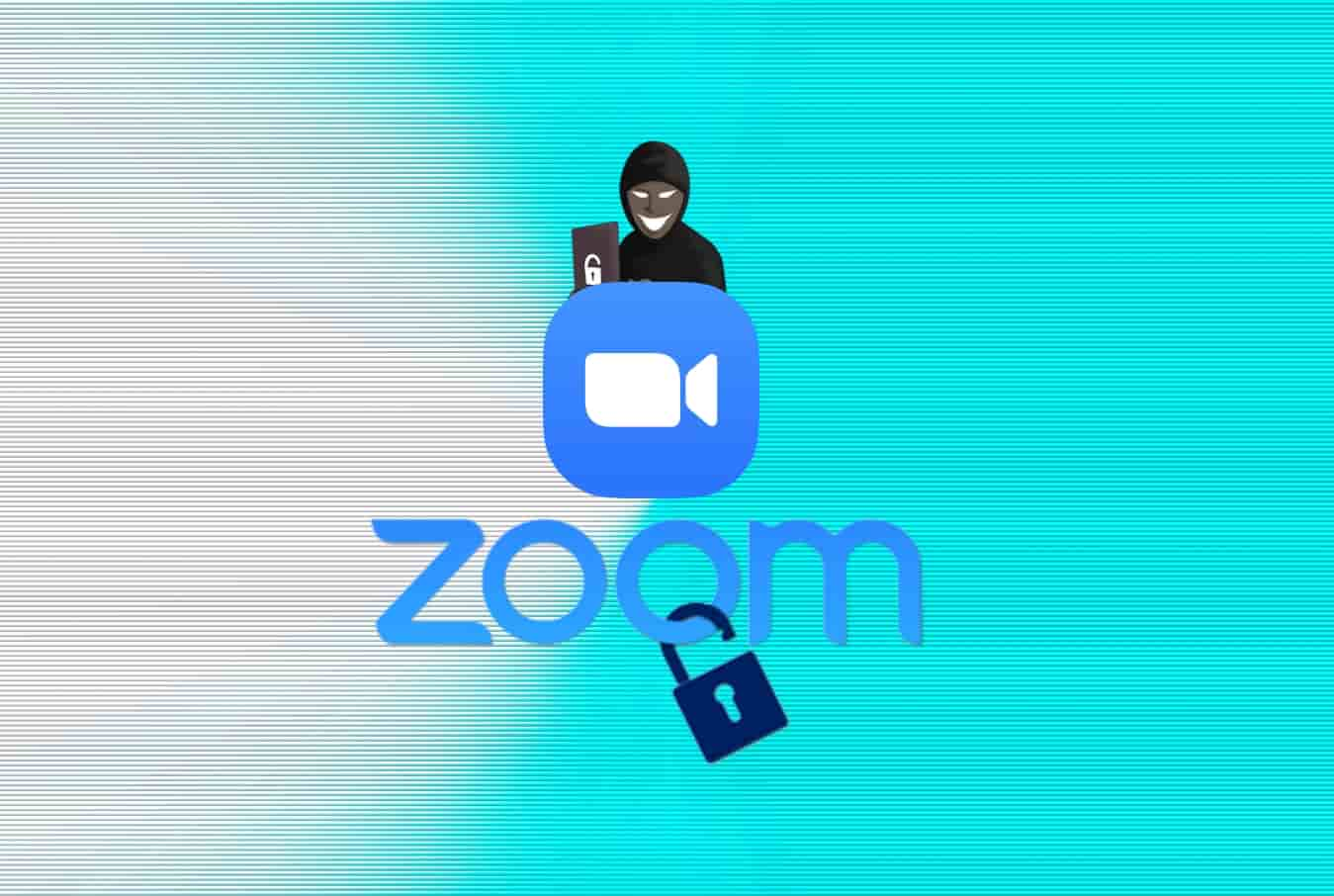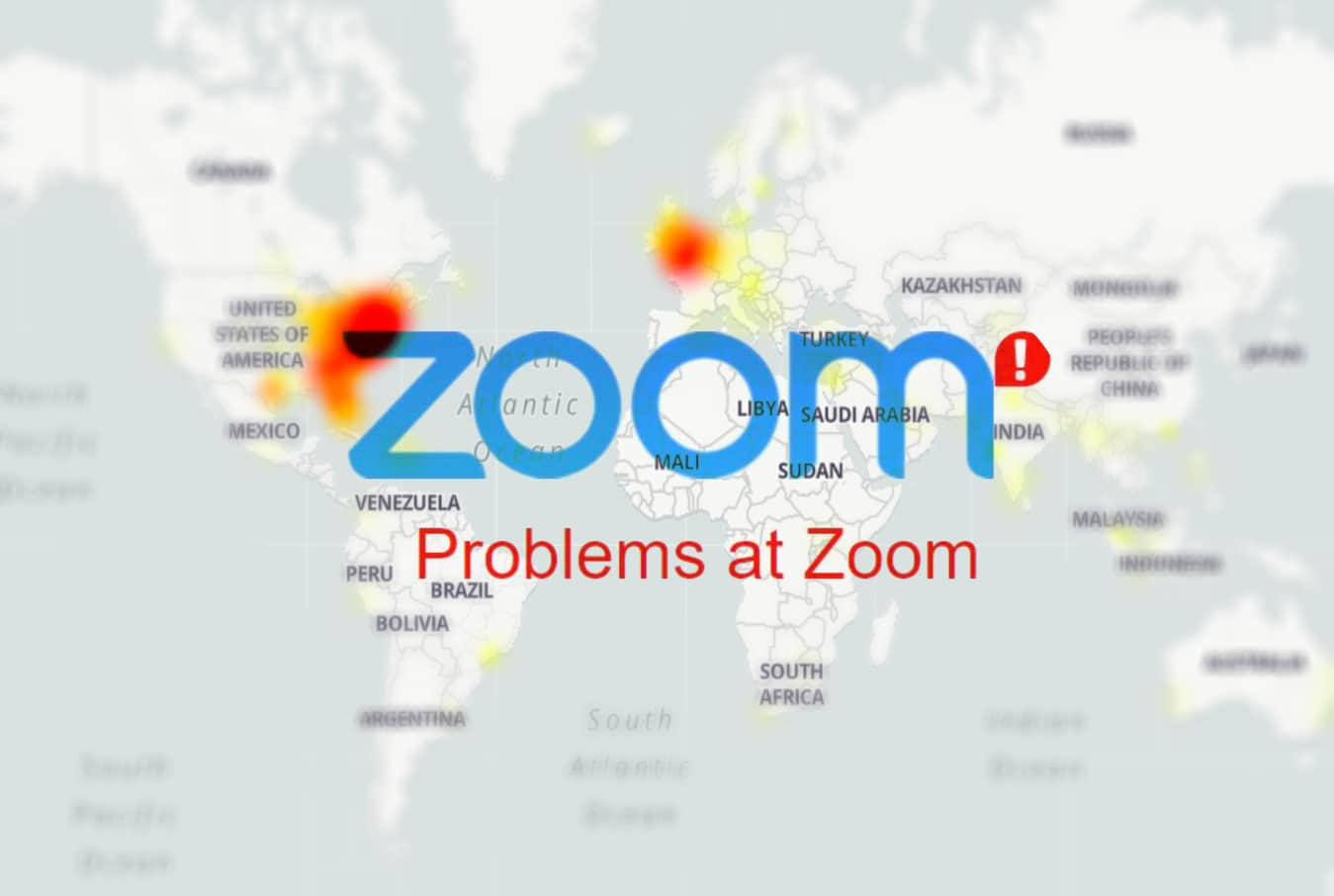Browsing Tag
Zoom
21 posts
Zoom Phishing Scam Steals Microsoft Exchange Credentials
The phishing email, which was marked as safe by Microsoft, was aimed at 21,000 users of a national healthcare firm.
October 10, 2022
New vulnerabilities allowed attackers to intercept Zoom meetings
These critical security vulnerabilities could have allowed hackers to intercept your Zoom meetings and target customer infrastructure.
November 15, 2021
Fake TeamViewer download ads distributing new ZLoader variant
According to researchers, the new campaign uses fake TeamViewer download ads to trick users into downloading the Zloader malware.
September 16, 2021
Zoom adds Two-factor authentication (2FA) as extra layer of security
Video conferencing platform Zoom has announced two-factor authentication (2FA) to enhance protection by adding an extra layer of security.
September 11, 2020
You are not alone; video conferencing app Zoom is down for many
You are not alone; Zoom is down for many around the world.
August 24, 2020
Twitter hack’s mastermind trial zoom bombed with pornography
The hearing was shut down within 25 minutes after being Zoom bombed.
August 5, 2020
Fake Zoom meeting invitation phishing scam harvests Microsoft credentials
Initially targeting Zoom users; the phishing scam aims for Outlook and Office365 credentials.
August 4, 2020
Zoom web client flaw could’ve let hackers crack meetings passcode
The vulnerability, if exploited, would have affected millions of Zoom users worldwide.
July 30, 2020
Online Jewish service ‘Zoom bombed’ with hate speech & Swastikas
A hateful intrusion during a Jewish congregation service on Zoom has...
July 16, 2020
‘Zoom account suspended’ phishing scam aims at Office 365 credentials
The phishing scam targets victims by claiming that their...
July 10, 2020














